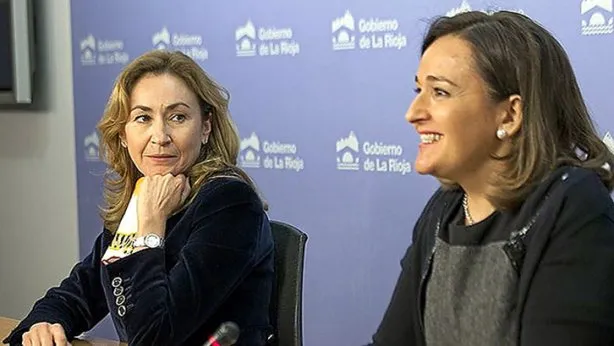The Farmacia de la Rioja offices will collaborate with the Ministry of Health in the early detection of Diabetes Mellitus (DM) type 2, as previously advanced last week.
At least, that is the forecast collected by the care strategy in Diabetes Mellitus de la Rioja and followed by the line initiated by the COF of Pontevedra (see inferior information).For the College of Pharmacists of La Rioja, as explained to CF its president, José Javier Vázquez, the inclusion of the pharmaceutical group in the strategy "is a great step the care work".
The Ministry raises the collaboration with the Official College of Pharmacists for the implementation in the pharmacy offices of campaigns to detect people at high risk of suffering from DM2 through the Findrisc test and thus develop an intervention on the modification of the styles oflife".
"Even if the approach is general and there is still necessary to specify how, it is very important that the Ministry has included us in its strategy; it is an opportunity for the pharmacy to advance in the development of its care role," explains Vázquez, who admits his "Surprise "for the inclusion of pharmacy offices in this document.
"From the COF we have been making proposals in recent years for the development of services of different kinds, but so far none had emerged," he admits.The only one, the metadona dispensing in pharmacies, whose activity is almost residual in recent times.
Multidisciplinary coordination
Collaboration with pharmacies would be one of the "actions aimed at detecting the disease as soon as possible to favor a rapid intervention that allows to maintain adequate metabolic control and avoid the appearance of complications", collects the Rioja strategy, which in addition to the screening testIn pharmacies it also includes the development and extension of "multidisciplinary programs coordinated between healthcare levels for the improvement of the early diagnosis of the DM (...), to promote the systematic detection of risk factors in primary care to promote early diagnosis inRisk groups (...) or develop computer alert systems to detect the population susceptible to screening, by age or by diabetes risk factors. "
In addition, the Ministry wants to insist on the education of the population and will also support pharmacies as a more dissemination point of the dissemination materials on diabetes, the risk factors involved and prevention mechanisms.
In 2014, the Official College of Pharmacists of Pontevedra, with the endorsement of the Ministry of Health of Galicia and Scientific Societies, began the Dedipo program, a piloting to screen patients with high risk of developing type 2 diabetes.In La Rioja, this program consisted of the realization of the Findrrrism test (an eight -questions questionnaire that predicts the ten -year risk of the patient with diabetes).According to data collected in Galicia, 42 percent of patients derived from pharmacies were at the end diagnosed with DM.


